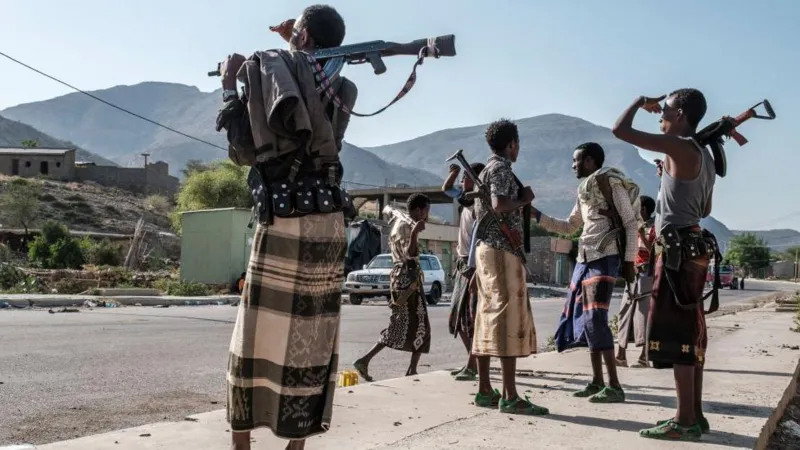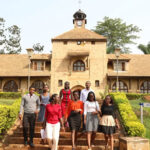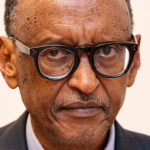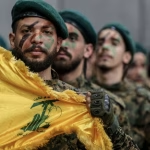In recent weeks, tensions have escalated within Ethiopia as the Tigray People’s Liberation Front (TPLF), the prominent political and military force from the Tigray region, issued a stark warning: the government’s ban on the party could jeopardize the fragile peace process that has been underway since the 2022 ceasefire.
The Context of the Conflict and Peace Efforts
Ethiopia has faced a complex internal conflict since late 2020, primarily centered around the Tigray region. The TPLF, which once dominated Ethiopia’s federal government, clashed with federal forces, leading to a devastating conflict that drew international concern over humanitarian crises and regional stability.
In November 2022, both sides agreed to a ceasefire, prompting hopes for peace, stability, and the resumption of essential services. Since then, diplomatic efforts, including negotiations mediated by international bodies, have aimed to solidify peace and address underlying grievances.
The Ban and Its Rationale
In recent months, the Ethiopian government announced a ban on the TPLF, labeling it a terrorist organization. The government’s stance is rooted in its assertion that the TPLF remains a threat to national unity and stability, citing ongoing clashes and alleged destabilizing activities.
However, critics argue that the ban is a significant setback for peace efforts. The TPLF contends that it is a legitimate political entity representing the interests of the Tigray people, and that the designation as a terrorist organization is politically motivated and undermines dialogue.
Tigray Party’s Warning: Peace at Risk
The TPLF has responded forcefully, warning that the ban could unravel the progress achieved so far. In a statement, the party emphasized that the declaration hampers efforts to foster political inclusion and reconciliation. They argue that such measures deepen divisions, reduce trust, and make meaningful negotiations more difficult.
“Designating us as a terrorist organization does not bring peace; it perpetuates conflict,” the TPLF spokesperson stated. “Unless political dialogue is prioritized over bans and criminalization, Ethiopia’s hopes for lasting stability remain fragile.”
Evidence and International Perspectives
International observers and human rights organizations have expressed concern that the ban could exacerbate tensions. The United Nations and the African Union have repeatedly called for dialogue and inclusive political processes, warning that escalation could lead to renewed violence.
Research indicates that political bans and labeling groups as terrorists often hinder peace negotiations, especially when underlying grievances are not addressed through inclusive dialogue. For example, in similar conflicts globally, such measures have often led to increased hostility and prolonged conflict cycles.
Implications for Ethiopia’s Peace Process
The Ethiopian government’s decision reflects a tough stance against what it perceives as threats to national integrity. Yet, experts warn that excluding the TPLF from political processes might entrench divisions. Political analysts suggest that sustainable peace in Ethiopia depends on inclusive dialogue that involves all stakeholders, including the TPLF, rather than punitive measures.
The Road Ahead
As Ethiopia navigates its complex path to peace, the stance of the Tigray party highlights the need for balanced approaches. Recognizing political grievances, fostering dialogue, and ensuring inclusivity are vital components to cementing peace.
The TPLF’s warning serves as a reminder that unilateral measures, like bans, can have unintended consequences—potentially reversing the gains made and reigniting conflict. Moving forward, Ethiopia’s leaders are urged to prioritize dialogue over division, understanding that lasting peace requires building bridges, not walls.
Conclusion
The conflict in Ethiopia underscores the importance of inclusive political solutions. The Tigray party’s warning about the threat posed by the ban reflects broader concerns that peace cannot be achieved through repression alone. Evidence from global conflicts suggests that dialogue and political inclusion are essential to lasting stability. For Ethiopia, embracing these principles may be the key to a peaceful future.
Email Us on editorial@nnafrica.com













